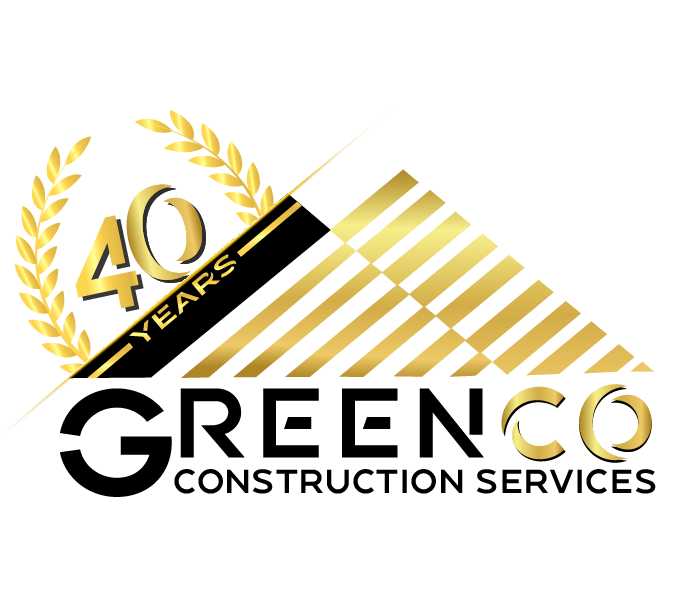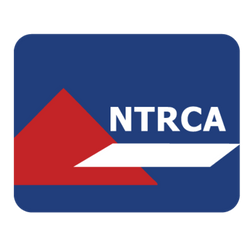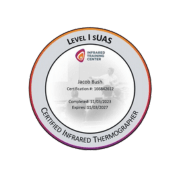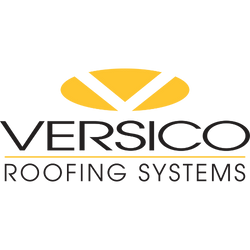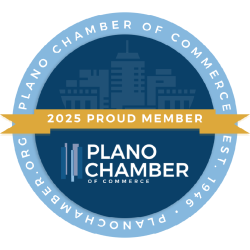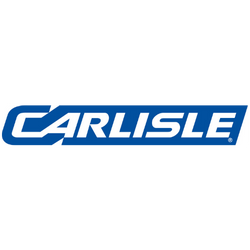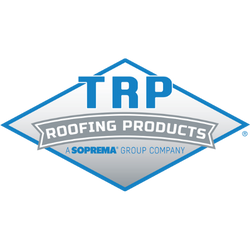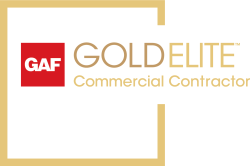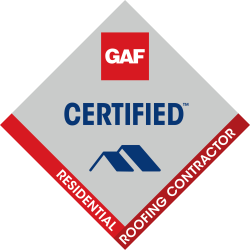Unveiling the Benefits of Single Ply Roofing Systems
Welcome to the vast landscape of roofing options available to your commercial business. Each of the options listed below offer unique features and benefits that can help protect your business for years to come. But, how do you know which roofing system is right for your needs?
With this series, we are aiming to help you answer that very question. Today, we’ll be delving into the world of single ply roofing systems, focusing on the trifecta of EPDM, TPO, and PVC. Our aim is to empower commercial property owners like yourself with the knowledge needed to make informed choices that align with the specific requirements of your business.
Understanding Single Ply Roofing Systems: A Primer for Success
EPDM (Ethylene Propylene Diene Monomer):

EPDM, used more in the northern United States than here in the south, boasts a myriad of attributes that make it a popular choice for various commercial applications. Its exceptional durability makes it ideal for regions experiencing diverse weather conditions. The flexibility of EPDM allows for seamless installation on a range of roof structures, making it suitable for both flat and sloped surfaces. Commercial property owners looking for a roofing system with low maintenance requirements and energy-efficient properties will find EPDM to be a compelling option.
Best Placements:
- Flat or low-sloped commercial roofs.
- Regions with extreme weather conditions.
TPO (Thermoplastic Olefin):
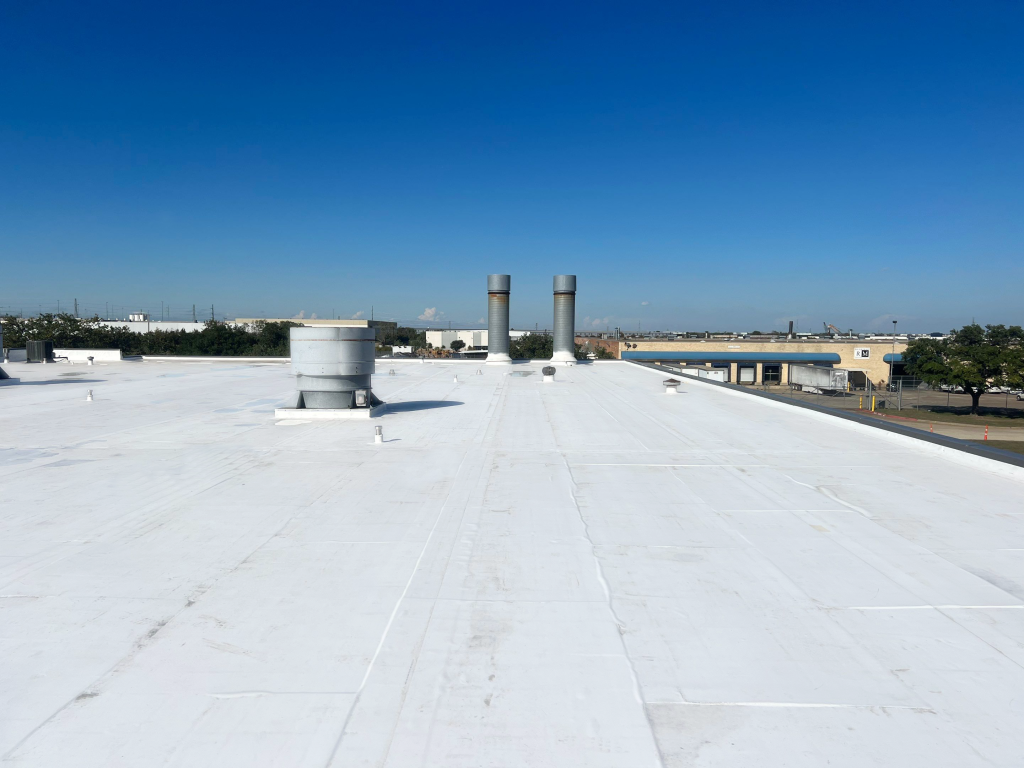
As we navigate further into the world of single-ply systems, we encounter TPO, a roofing system known for its advanced features and adaptability. TPO’s heat-weldable seams provide a secure and watertight membrane, making it an excellent choice for commercial properties where water resistance is a top priority. With reflective properties that contribute to energy efficiency, TPO is well-suited for businesses seeking to reduce cooling costs. Additionally, TPO’s flexibility allows for easy installation on roofs with intricate details.
Best Placements:
- Commercial properties requiring superior water resistance.
- Businesses focusing on energy efficiency.
PVC (Polyvinyl Chloride):
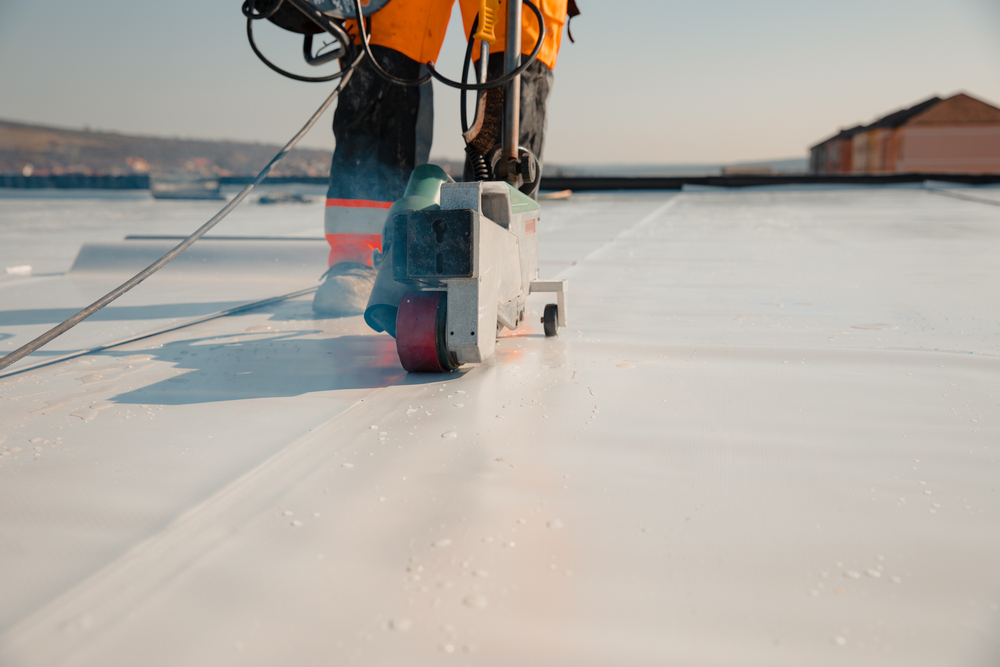
Our journey through roofing options brings us to PVC, a versatile and resilient solution for commercial properties. PVC’s chemical resistance makes it suitable for installations where exposure to certain substances is a concern, making it an optimal choice for industrial facilities. The inherent fire resistance of PVC enhances the safety of the building, adding an extra layer of protection. With customization options in colors and thicknesses, PVC allows commercial property owners to align their roofing with aesthetic preferences.
Best Placements:
- Industrial facilities with chemical exposure concerns.
- Commercial properties prioritizing fire resistance and customization.
Choosing the Right Roof for Your Business:
Navigating the roofing landscape is a multifaceted process, and the right choice depends on your commercial property’s specific needs. In the upcoming articles of this series, we will explore additional roofing options, providing commercial property owners with a comprehensive guide to make informed decisions. Stay tuned as we continue to unravel the roofing landscape, empowering you to safeguard your business with the ideal roofing system.
